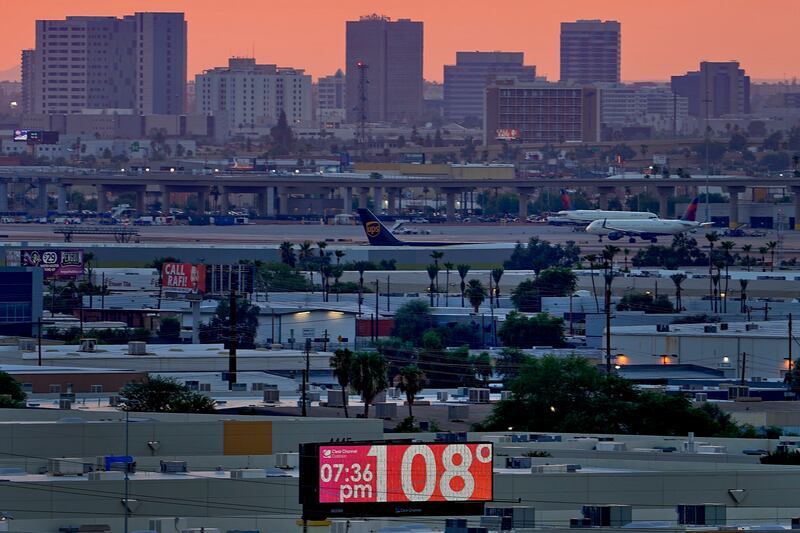Utah has enjoyed such beautiful weather this year. It started last fall, followed by lots of winter snow and a cool spring. It’s been a nostalgic reminder of Utah seasons from decades past.
But we would have blinders on to assume either that others outside of Utah aren’t suffering record-breaking heat, or that their plight might not be ours in the next round. Our elected leaders need to actively make changes, but I lack confidence that most have the wherewithal to do this in a timely enough manner to save the world from irreversible damage. I can think of at least four points of inertia that many leaders may need to overcome in order to make the necessary impact.
First, their perspective would need to lengthen, and they would need to make policy based on what’s best for their grandkids and great-grandkids instead of what gets them reelected in two, four or six years.
Second, they would need to be OK with the fact that a true environmental fix won’t be popular with all voters or interest groups, since it will require change and austerity and will anger PACs and big money in the polluting industries.
Third, they would need to empower the necessary expertise, with a long-term commitment that’s not subject to the stop-start of changing political leadership or of political gamesmanship.
Fourth, they would need to expand their horizons to think globally. There are too many examples of leaders who can’t think beyond their own district to do what’s in the national best interest — and saving the environment will require leadership and partnership at a level even beyond that, since America can’t fix this one alone.
We as the electorate can help by remembering, come November, the discomfort of 100 degree-plus days, and by consciously looking for innovative candidates who put the environment as a top priority.
Matthew Weed
Holladay

